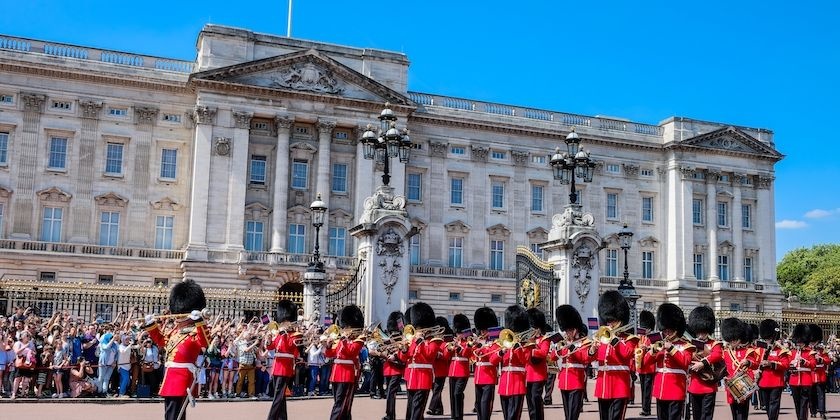Prince Phillip and Sealed Wills

Last Friday reports began pouring out through international news outlets that Prince Phillip, the Duke of Edinburgh and husband of Queen Elizabeth II, had passed away at age 99. The Duke of Edinburgh’s life was one marked by a career as an exemplary public servant and environmental advocate. Born Prince Phillip of Greece and Denmark, he served in the Royal Navy during the Second World War as a young man. He renounced his own royal titles and gave up his exemplary Naval career once betrothed to then-princess Elizabeth.
In this time we mourn with those grieving the loss of the prince.
Prince Phillip lived a long life of servitude and was a permanent fixture in the minds and hearts of his people and in the royal family. Queen Elizabeth wrote this of her husband on their 50th anniversary in 1997; “He has, quite simply, been my strength and stay all these years, and I, and his whole family, and this and many other countries, owe him a debt greater than he would ever claim, or we shall ever know”.
The History of Sealed Wills Within the British Monarchy
It is very probable that Prince Phillips’ will, like many others within the British royal family, will be sealed from public record. Royal will sealing has been standard since the turn of the last century. It is a tradition begun by Queen Mary upon the death of her brother Francis in 1910. After Francis left royal jewels to his mistress, Queen Mary petitioned for his will to be sealed from public record to avoid public scandal. Since Francis’ death, only one member of the royal family has had their will left as public- Princess Diana upon her untimely death in 1997.
Royals aren’t the only people who can have wills sealed. Under some circumstances everyday people can have their will sealed too.
Sealing a Will
Before going into how to have a will sealed, it’s important to know exactly what that means.
If or when a will enters probate that will become a public record. Anyone can request copies of said will from a courthouse or from the probate court.
While the processes vary from country-to-country and state-to-state, sealing a will means that the will in question is “sealed” or hidden from public records. There are several reasons why someone would want to keep their will out of public record, such as sheer privacy or, in the case of the British monarchy, to avoid scandal.
Pleas to have records officially sealed have to be filed directly with the court. If a seal is granted, any legal documents related to that will also be sealed from the public record.
The deceased may opt to seal their will and leave only one copy with the executor.
There are other reasons a will might be sealed. One such reason is the absence of a certificate of death. If a copy of the will was left with the courts but there has been no death certificate filed then that will is deemed to be “sealed” until proof of death can be provided.
Published 04/14/2021.

